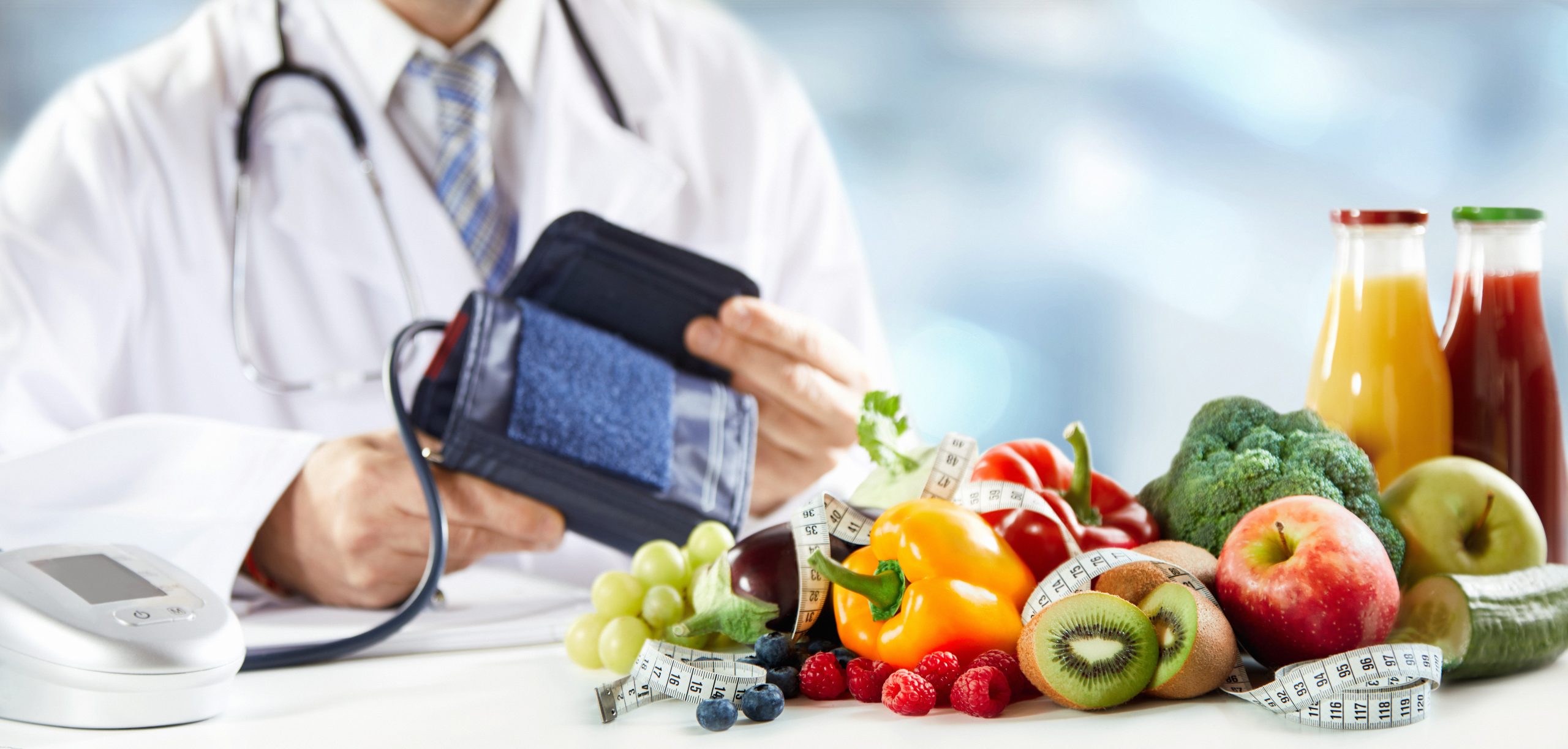
High Blood Pressure
As explained elsewhere, the definition of hypertension has become stricter and stricter over the years, especially as more and more high blood pressure medications were introduced into the market. The guidelines for treatment have also changed according to pharmaceutical lobbying and commercial interests.
A staggering number of patients are currently on three to four blood pressure medications, as well as a few extra additional medications designed to combat the side effects of the initial medication. The result is often an army of zombified, tired, and over medicated people.
The elderly normally experience slightly higher blood pressure due to many factors, including hardening of the arteries, but there is little need to treat them all. For some people, blood pressure is heightened as a result of other disease or illness, but this is only true in about 5 percent of cases. Here, we will focus on the other 95 percent where the cause of high blood pressure is not due to a specific illness.
The common standard treatment is to start with a water pill. Surprisingly, though, these medications really just drain more water and electrolytes out of the body, leaving the patient dehydrated and depleted of several nutrients like potassium and magnesium. The levels of these nutrients are not routinely checked, so patients run the risk of severe consequences for these depletion.
Dehydration is unhealthy and should not be considered a solution to high blood pressure, especially in elderly patients or those who already do not drink enough water. Blood pressure is related to blood fluid pressure in the circulatory system.
For many years, it was believed that the systolic blood pressure should be 100 plus your age, but this theory has recently been called into question. The best idea is to maintain a systolic blood pressure under 145 and diastolic blood pressure under 87. It is normal for blood pressure to change constantly. Blood pressure will rise significantly during stressful periods. During sustained physical activity, it will generally go down.
If blood pressure is chronically too low (less than 110), you may have symptoms of fatigue, stress intolerance, adrenal insufficiency, hypoglycemia, and dehydration. Check your blood pressure at home and often take your machine to the doctor’s office to be checked there also for proper calibration of your blood pressure machine.
For those who wish to check their blood pressure more than occasionally, you can use a two-dimensional (2D) log. To accurately log your 2D blood pressure values, do the following:
Create a table with header columns labeled for the hours of the day (such as six a.m. to eleven p.m.) and rows beneath those headers, dated on the left side. Take your blood pressure two to four times a day and write it under the proper time on your chart for that day. The end result will be a chart full of blood pressure numbers.
A 2D log will make it very easy for you to observe blood pressure patterns and determine when your blood pressure spikes and how that might correlate with daily activities. Share this information with your doctor, so medication adjustments can be made to treat your condition more appropriately.
Tips for Healthier Blood PressureThere are some things you can do to keep your blood pressure in check so you do not have to depend entirely on medication:
Keep your weight under control. Weight loss often results in an individual no longer needing blood pressure medication at all. The larger the weight loss the more dramatic the blood pressure drop. Your diet should be low in sugar, caffeine, and alcohol and high in vegetables, particularly garlic and onions. In general, vegetarians have lower blood overall blood pressure.
Exercise regularly.Exercise every day or every other day. Have a dedicated time to exercise. Break a sweat.
Avoid toxins and detoxify. Remember that your body retains water in order to dilute poisons and toxins. When this happens, blood pressure goes up. Detoxify with Vitamin C, sauna, glutathione, EDTA and other methods.
Reduce sodium. All food intake raises blood pressure, but some individuals are particularly sensitive to salt. If you suspect that sodium sensitivity may be a problem for you, check your blood pressure before and after salty foods versus other foods. Salt sensitivity is not as widespread as some doctors would like us to believe.
Meditate and learn to let go.This is not a joke. Studies show a significant difference in blood pressure for those who employ these practices, as stress control is an important component of blood pressure management. Meditation is a great stress control tool.
Use supplements.Tier 1, The Foundation discussed in this book will significantly help to reduce blood pressure problems and imbalances. Tier I supplements consist of: a great Multivitamin with active B complex,Magnesium, Vitamin C, and Fish Oil. Medical studies have found that the following also have significant positive effects on blood pressure: Vitamins D and K, L-arginine, and CoQ10.
Take blood pressure medications at night.Studies show doing so reduces the risk of cardiovascular events by two-thirds.
Summary
- Keep Blood Pressure under 145/87.
- Take Blood Pressure medications at night.
- Lose weight,
- Use a 2 Dimensional log for charting blood pressures
- Take magnesium, exercise, reduce stress
